Definition
- Acetaminophen poisoning is an overdose of the over-the-counter (OTC) pain medication, acetaminophen (eg, Tylenol, Biogesic), which is usually safe when used as recommended.
- The maximum daily dose of acetaminophen is four (4) grams, but patients with chronic diseases (especially liver disease) may need to limit themselves to three (3) grams a day.
- Acetaminophen poisoning may occur as a result of one large dose or chronic overdoses.
Causes
An overdose of acetaminophen can result from:
- Intentional overdose (eg, suicide attempt)
- Accidental overdose (eg, unsupervised children, altered judgment regarding appropriate acetaminophen intake)
- Combining medications that contain acetaminophen (Acetaminophen is found in more combination products than any other drug; examples include acetaminophen and codeine, as well as acetaminophen and aspirin.)
- Toxic levels of acetaminophen may also occur in patients with liver failure who are taking recommended doses
Risk Factors
The following factors increase your chance of developing acetaminophen poisoning:
- Age: 15-24 years or older than 40 years (People over 40 are more likely to have severe effects.)
- Gender: female
- Suicidal behavior
Symptoms
Symptoms include:
Diagnosis
- Blood Tests—Blood tests are done to determine the level of acetaminophen in your blood and to determine liver function (eg, liver enzyme tests, coagulation tests).
- Rumack-Matthew Nomogram—This is an assessment to determine the effect on the liver. The test measures blood levels of acetaminophen relative to the time since ingestion of the medication.
Treatment
Monitoring
- For children who have relatively low levels of acetaminophen in their blood, monitoring at home may be recommended.
Activated Charcoal
- Activated charcoal can help prevent acetaminophen from absorbing in the gastrointestinal tract. It is taken by mouth.
- In most cases of toxic acetaminophen overdose, N-acetylcysteine, an amino acid, will be given by mouth or IV (through the vein) as an antidote.
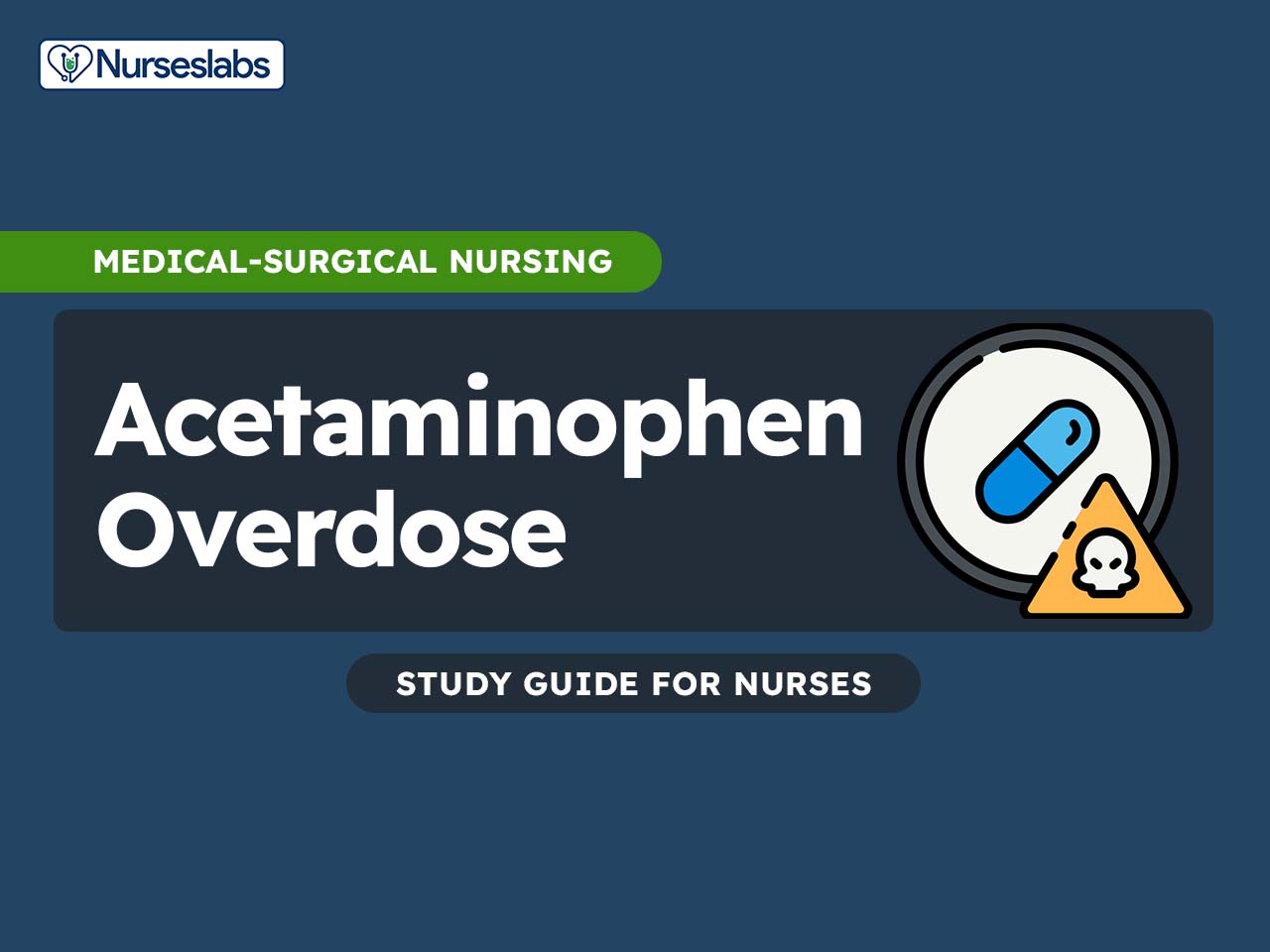




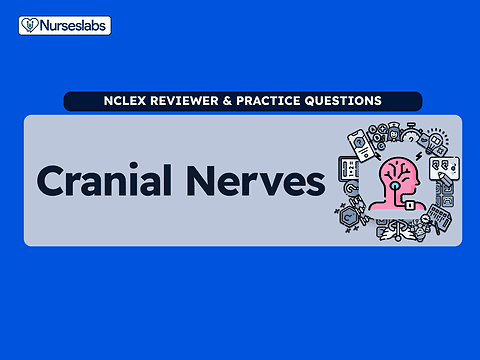

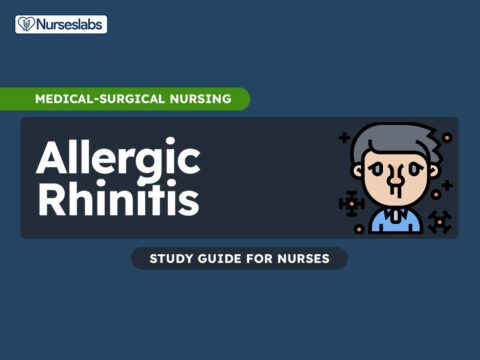
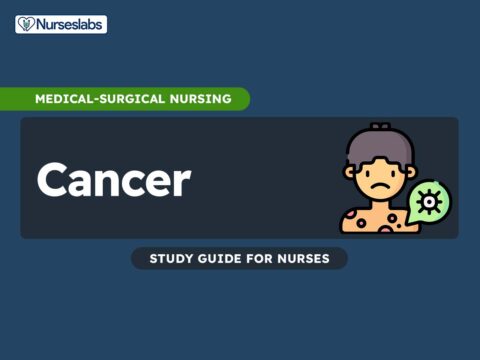
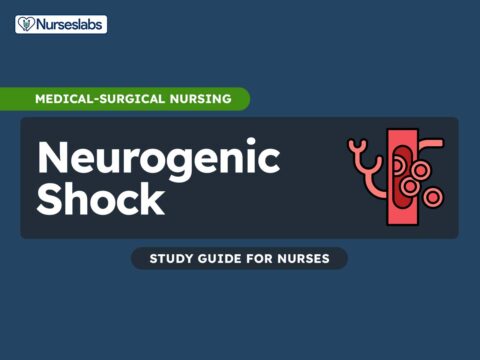
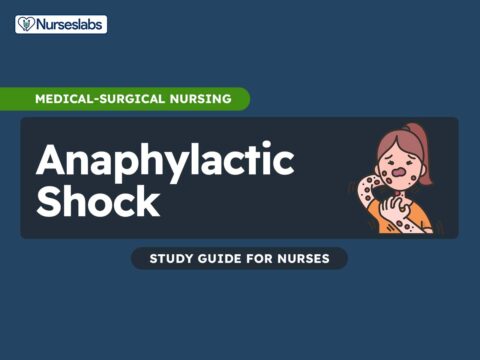

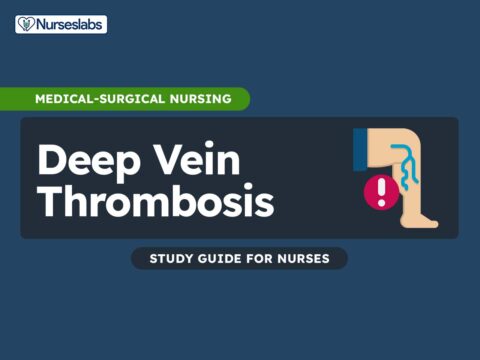
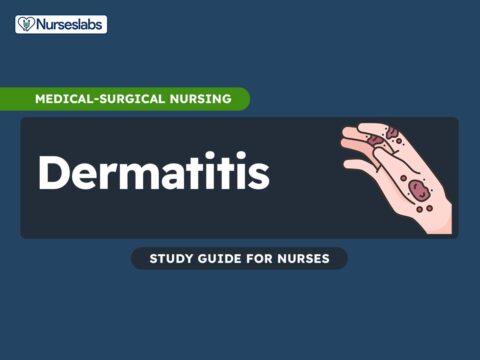
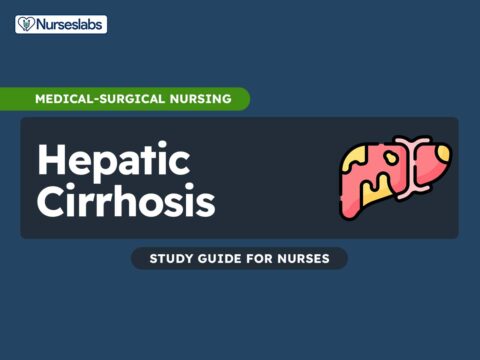
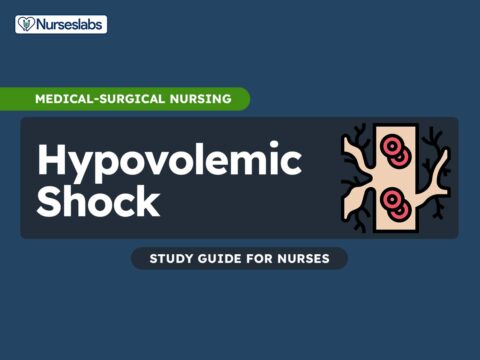

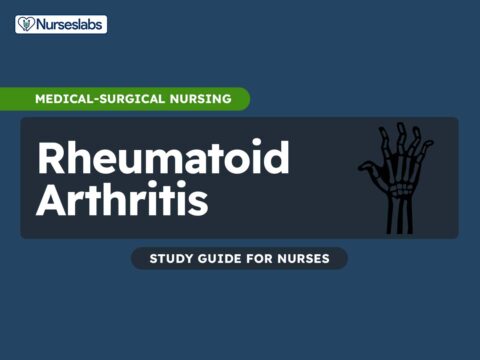

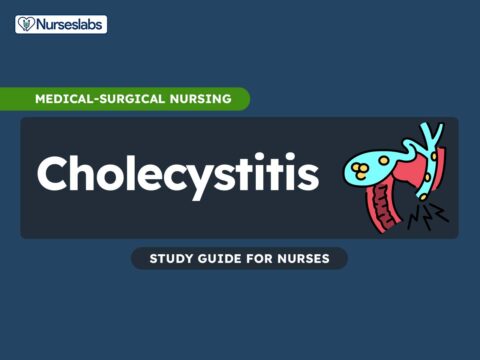
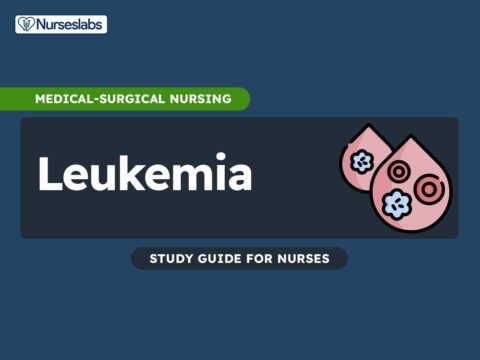
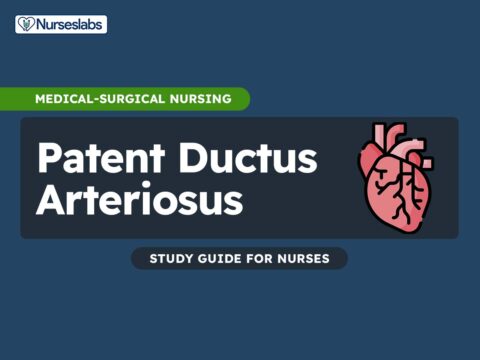
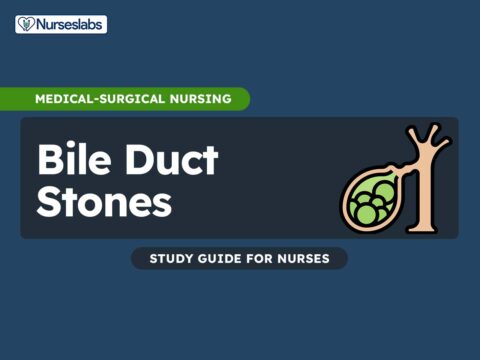
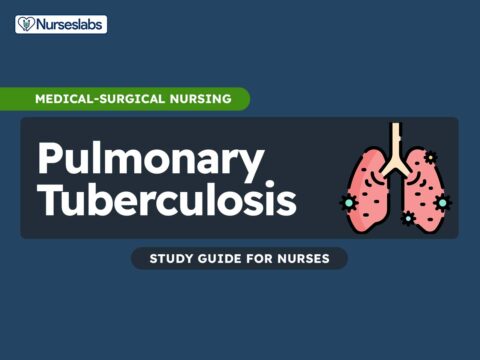
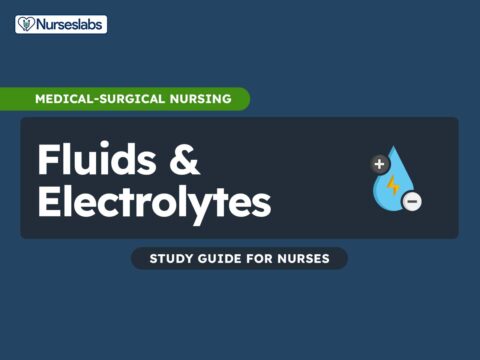
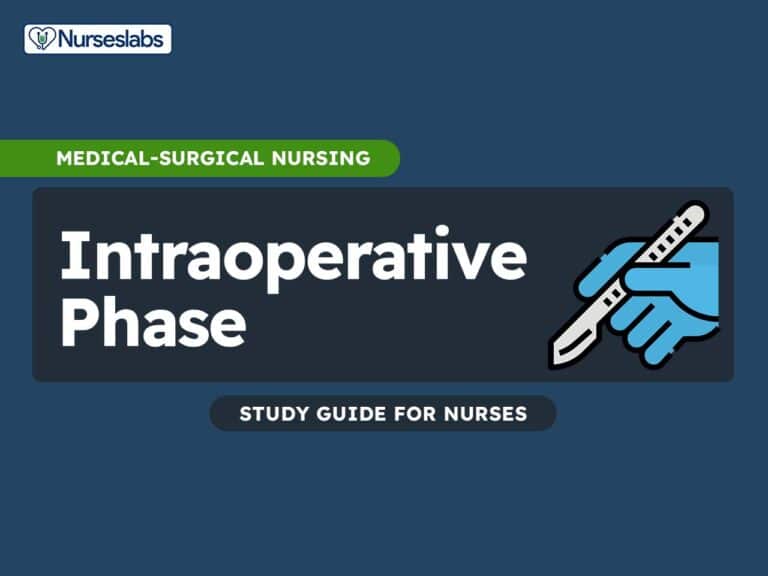


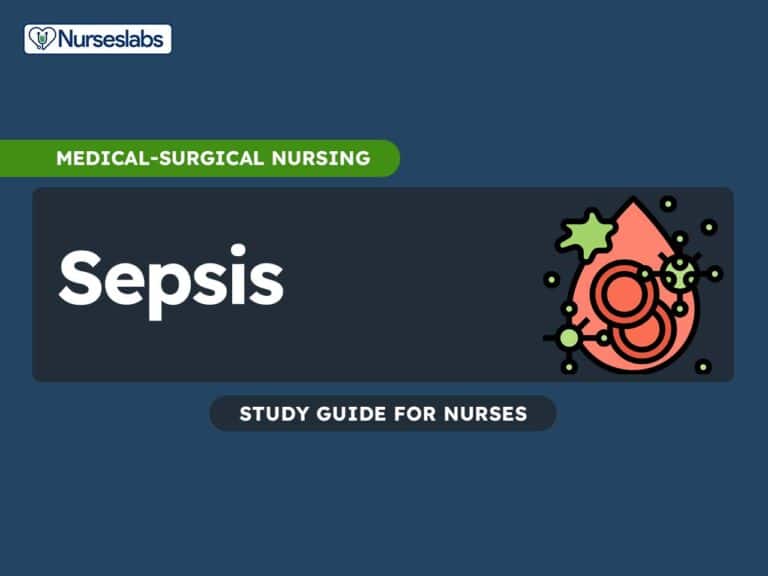
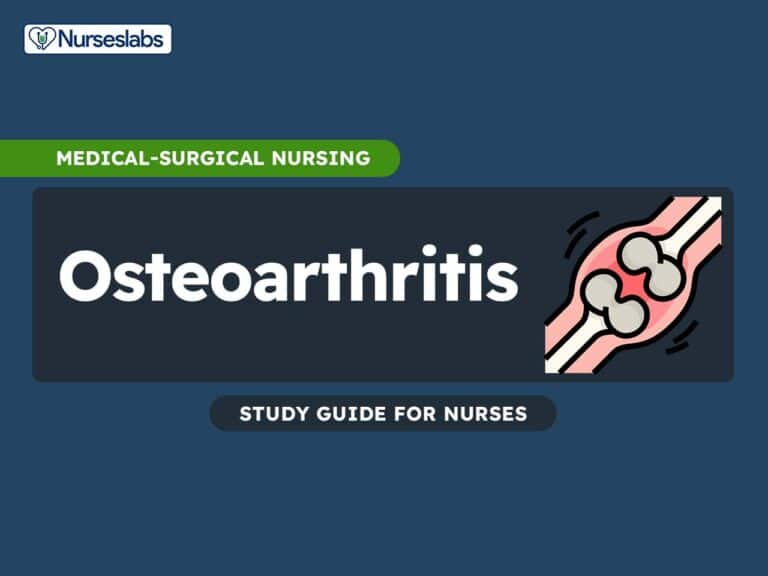
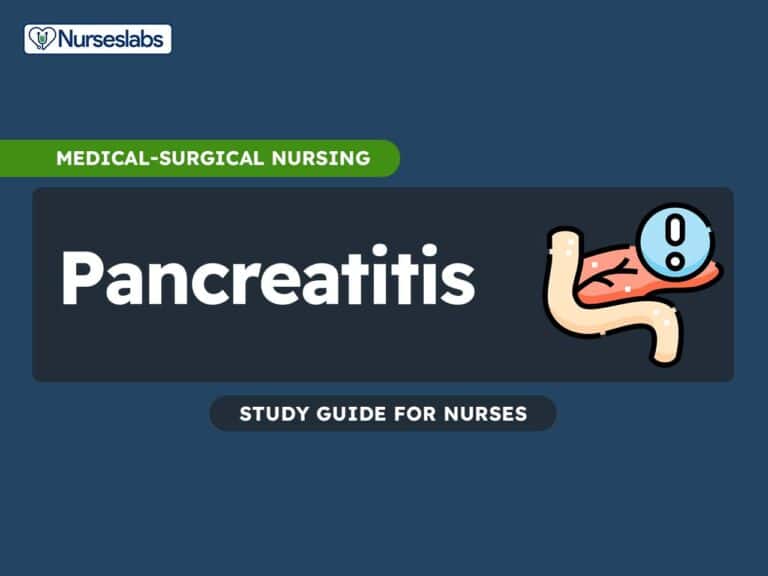
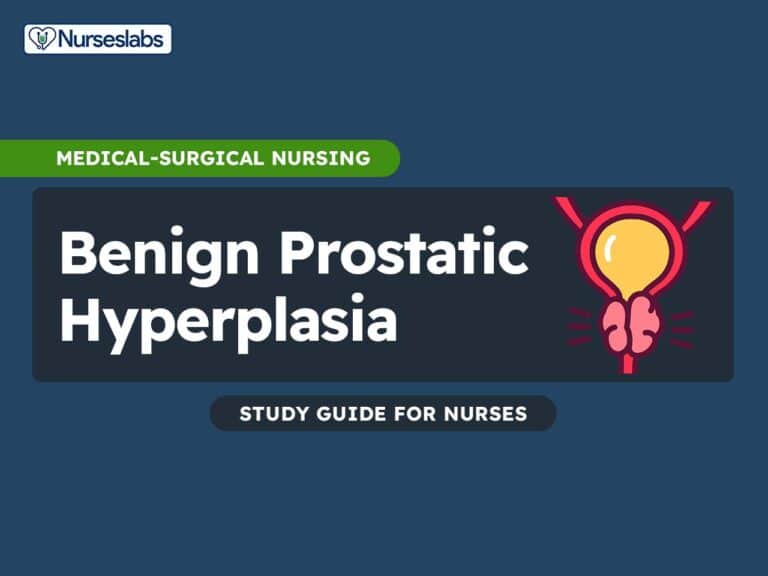



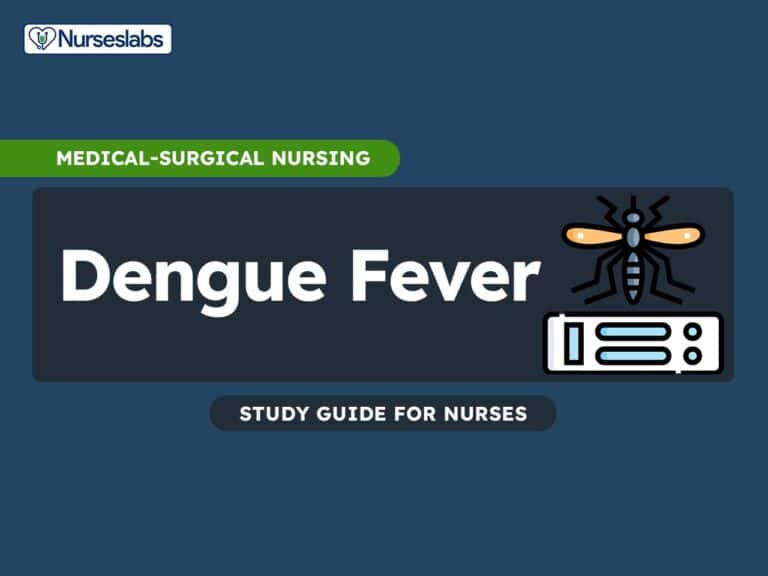

Leave a Comment